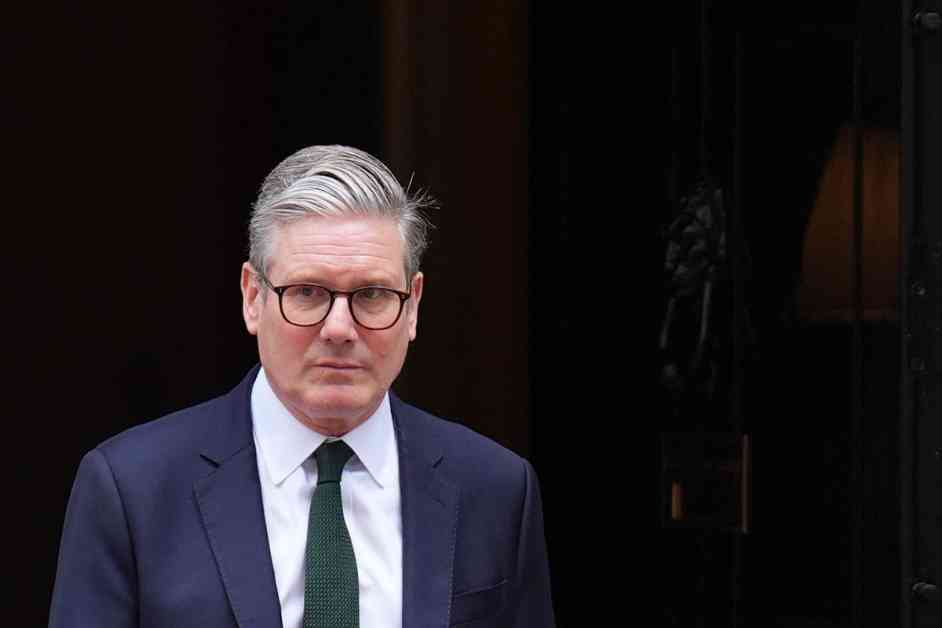Amid allegations of cronyism and improper appointments within the Labour Party, the spotlight has turned to the chancellor over the recent hiring of a party donor to a civil service position. The controversy surrounding Ian Corfield, who has donated £20,000 to Labour politicians over the past decade, has sparked calls for an investigation by the prime minister’s ethics adviser.
The Controversial Appointment
Ian Corfield’s appointment as a temporary director of investment at the Treasury last month has raised eyebrows due to his close ties to the Labour Party. After serving as the party’s senior business adviser, Corfield transitioned into a role within the civil service without undergoing an open competition process. This move has led to accusations of cronyism and favoritism within the government.
Conflict of Interest
Shadow Treasury minister Laura Trott has been vocal in her criticism of the appointment, citing a clear conflict of interest between Corfield’s donation to Labour politicians, including £5,000 to chancellor Rachel Reeves, and his subsequent placement in a key Treasury role. Trott has called for an investigation into Reeves for a potential breach of the ministerial code, emphasizing the importance of upholding high standards in public life.
Questions of Transparency
While the appointment of Ian Corfield was approved under existing civil service rules, concerns have been raised about the lack of transparency surrounding his prior donations to Labour figures. Sources have indicated that the Civil Service Commission was not informed about Corfield’s financial contributions, raising questions about the integrity of the recruitment process. The government has maintained that all appointments are made in accordance with established rules, but critics argue that more transparency is needed to ensure accountability.
In response to the growing scandal, shadow paymaster general John Glen MP has called for greater clarity on the appointment process for former Labour staffers and party donors. He stressed the importance of safeguarding the independence and integrity of civil servants, highlighting the need for fair and open competition in all recruitment decisions within the government.
Political Impartiality at Stake
The controversy surrounding Corfield’s appointment is part of a larger debate about political impartiality within the civil service. Critics have pointed to other questionable hires, such as Emily Middleton, whose firm made significant donations to Labour before she was appointed to a senior role in the Department for Science and Technology. Similarly, the appointment of Jess Sargeant, a former Labour think tank staffer, to a key position in the Cabinet Office has raised concerns about the neutrality of government appointments.
The government’s decision to grant a security pass to Lord Waheed Alli, Sir Keir Starmer’s top donor, has also come under scrutiny. Alli, a prominent TV executive and Labour fundraiser, was given unrestricted access to Downing Street, prompting questions about his involvement in government affairs. While the government has downplayed the significance of Alli’s pass, critics argue that such privileges should be reserved for official advisers and civil servants, not political donors.
In light of these developments, there is a growing call for greater transparency and accountability in government appointments. The need to uphold the highest standards of integrity and impartiality in public service is paramount, and any perceived breaches of ethical conduct must be thoroughly investigated and addressed.
As the controversy surrounding Ian Corfield’s appointment continues to unfold, it serves as a stark reminder of the challenges facing the Labour Party and the government in maintaining public trust and confidence. The issue of cronyism and political favoritism is a serious concern that demands immediate attention and action to ensure that the principles of fairness and accountability are upheld in all aspects of governance.












